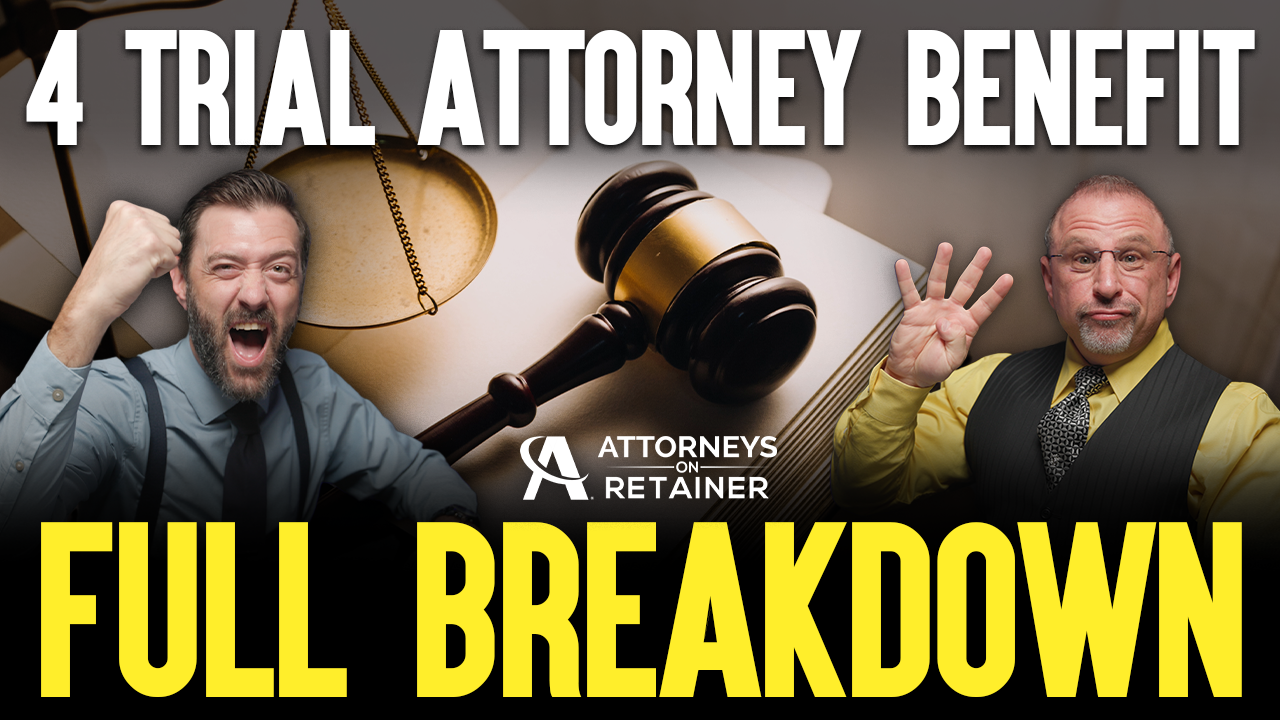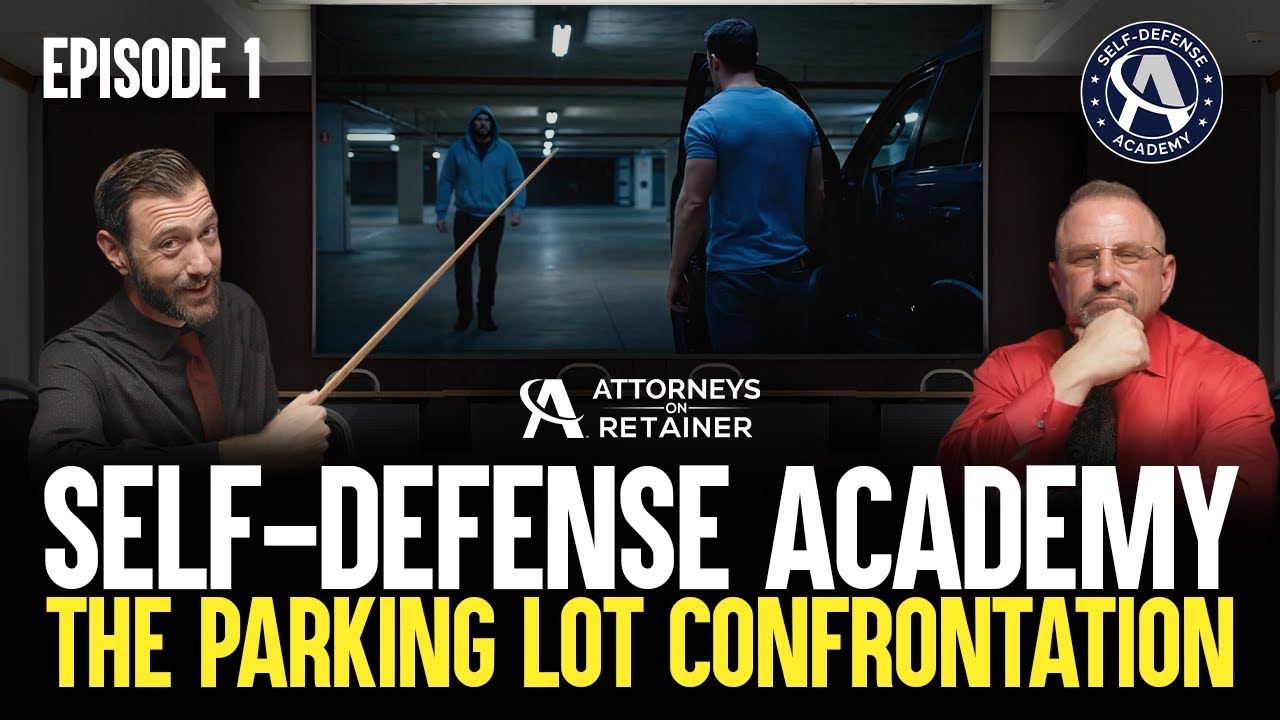What You Should and Shouldn’t Say to the 911 Operator After a Self-Defense Shoot
July 22, 2024
Drawing from decades of legal experience, criminal defense attorneys Marc J. Victor and Andrew C. Marcantel of The Attorneys for Freedom Law Firm offer clear, real-world insights designed to help responsible gun owners. They advise viewers on what to say and, more importantly, what not to say when calling 911. The attorneys emphasize that there is no universal advice that fits every self-defense case. The circumstances can vary so widely: whether a gun was fired or merely drawn, who witnessed the event, where it occurred, or what laws apply in that specific state.
The Complexity of Self-Defense Situations
Some gun owners believe that the use of force in self-defense is automatically justified, though legal standards for justified use of force vary by jurisdiction and often involve specific criteria. Sometimes, even split-second decisions made in good faith can lead to criminal charges.
“You don’t get to select the time at which you’re dealing with this kind of a threat.”
– Attorney Victor
Factors such as whether the aggressor had a weapon, the number of witnesses, the mental state of the person defending themselves, or even whether the incident occurred in a state with unique laws, all affect whether charges will be brought. This legal complexity makes it important to act wisely after a self-defense incident, especially during initial contact with law enforcement or when making a 911 call.
The Most Common and Costly Mistake: Saying Too Much
The biggest mistake people make after a self-defense incident is talking too much. Whether it’s during a 911 call with an operator or a conversation with police, individuals often unintentionally damage their own legal defense by volunteering information, explaining what happened, or using incriminating language.
The attorneys advocate for a “less is more” approach. They suggest callers should say as little as possible and speak to an attorney before making any detailed statements. Words spoken in the heat of the moment often become the strongest evidence used by prosecutors in court.
“The worst piece of evidence in the entire case came directly from our own client’s mouth, when they decided to either talk to 911, or talk to the cops.”
– Attorney Marcantel
The attorneys recount a courtroom success that hinged on reasonable doubt about the shooter’s identity, something that would have been lost had their client confessed on a 911 call. Their advice is to avoid giving detailed accounts over the phone and to remember that 911 calls are not confidential.
Decision to Call 911
The attorneys clarify an important distinction: calling 911 is not always the first step. If the situation is truly life-threatening or someone needs immediate medical assistance, then yes, call 911, but give minimal information. However, in cases where there is no immediate threat it is best to call an attorney first.
“We don’t always recommend calling 911.”
– Attorney Marcantel
In general, if you decide to call 911 first:
- Do not identify yourself as the shooter, because there is a chance they might not be able to prove who the shooter was.
- Do not provide a narrative, explanation, or justification.
- Refrain from using legally charged phrases like “I was attacked” or “I feared for my life.”
- Hang up once help is confirmed to avoid further questioning by the operator.
- Secure your firearm and maintain a non-threatening posture when the police arrive.
“Saying statements like ‘I was in fear for my life’ . . . all you are doing is foreclosing different avenues of defense that your future defense attorney would have been able to use, had you just kept your big mouth shut.”
– Attorney Marcantel
Know Your Rights
The attorneys reiterate the importance of invoking constitutional safeguards. Remaining silent or pleading the fifth isn’t always enough. You must clearly state your desire for legal counsel, thereby enhancing your Sixth Amendment right. Once that statement is made, police are legally required to stop questioning.
“When you invoke your Fifth Amendment rights all questioning must cease.”
– Attorney Marcantel
The attorneys conclude by reminding viewers not to face law enforcement without legal help. Having an attorney involved from the very first moment can significantly improve your legal position, helping to shape the narrative and prevent missteps. That’s why The Attorneys For Freedom Law Firm created The Attorneys On Retainer Program (AOR), which gives clients immediate access to legal counsel at any hour, on any day. If you’re interested in learning more about AOR, please call 866-404-5112 or email us.



